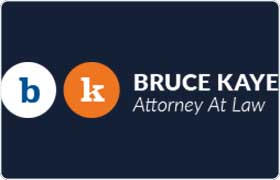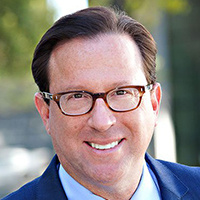Red Oak White Collar Crime Lawyer, Texas
Sponsored Law Firm
-
 x
x

Click For More Info:
-
Law Offices Of Bruce C. Kaye
400 N. St. Paul St.1110 Dallas, TX 75201» view mapCriminal Defense Law Changing Lives, One Case At A Time
The best thing about running my own practice is the opportunity to give my clients the individual attention they deserve.
800-920-9461
John R. Teakell
✓ VERIFIEDCriminal, Federal Appellate Practice, DUI-DWI, RICO Act, White Collar Crime
John R. Teakell has over 30 years experience in criminal law as both a prosecutor and criminal defense attorney. Those charged with serious crimes see... (more)
Volney Laron Brand
✓ VERIFIEDBusiness, White Collar Crime, Federal, Accident & Injury, Employment
Volney Brand is a practicing lawyer in the state of Texas. Attorney Brand received his J.D. from the University of Iowa in 2009.
Dan C. Guthrie
International Tax, Health Care Other, Health Care, White Collar Crime, Securities Regulation
Status: In Good Standing
FREE CONSULTATION
CONTACTFREE CONSULTATION
CONTACTFREE CONSULTATION
CONTACTPeter Christian Smythe
Military & Veterans Appeals, White Collar Crime, Criminal, Accident & Injury
Status: In Good Standing
 Bruce Kaye Dallas, TX
Bruce Kaye Dallas, TX


